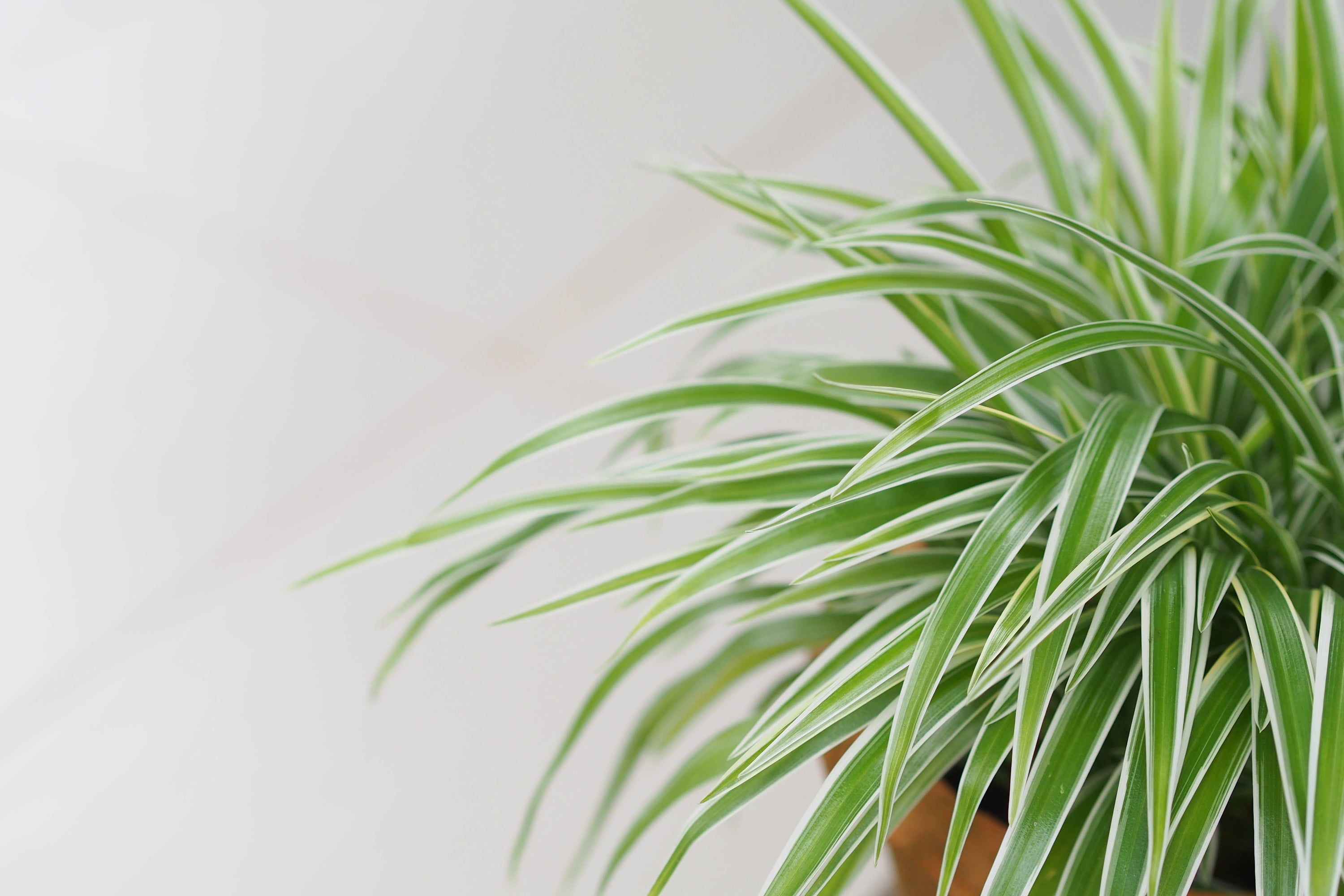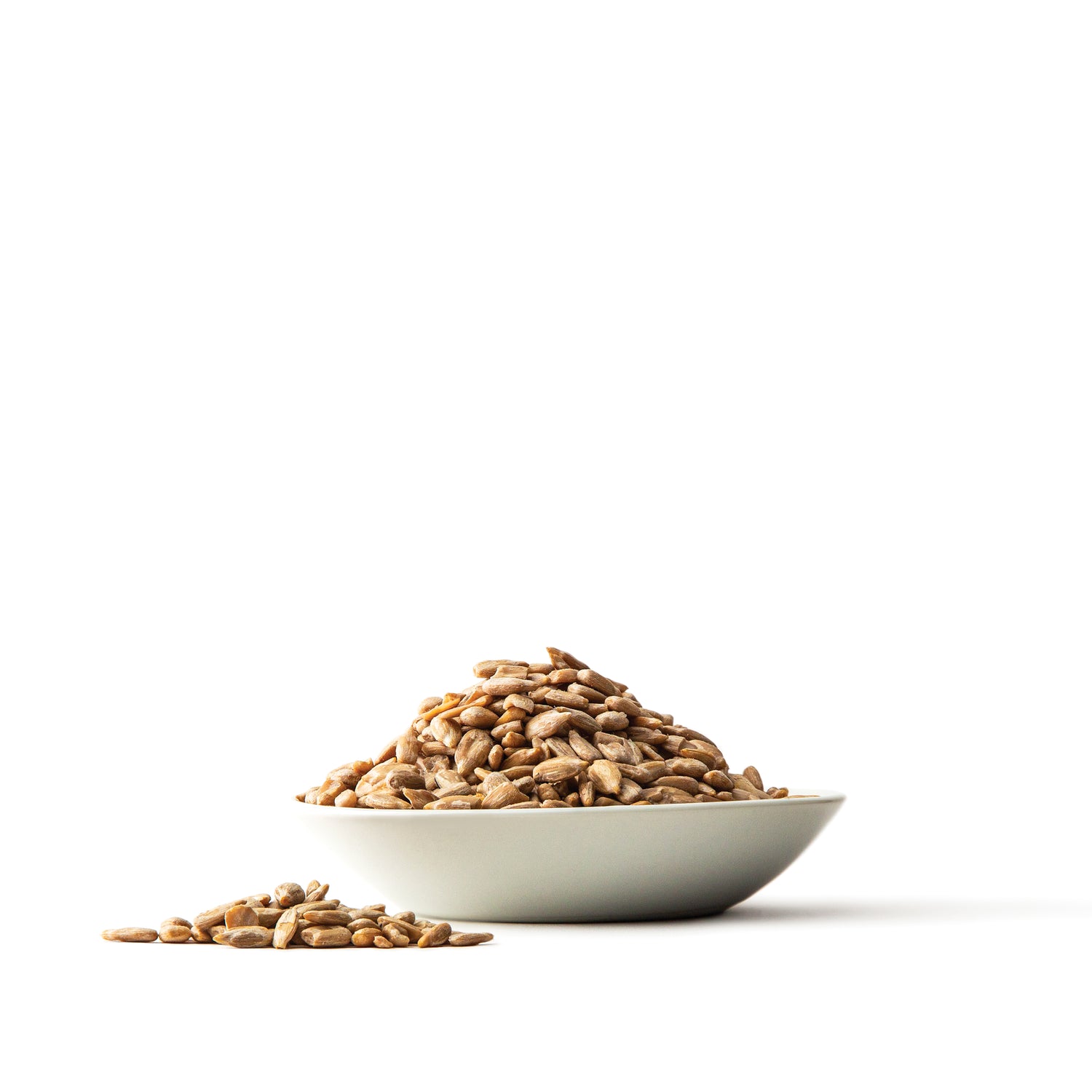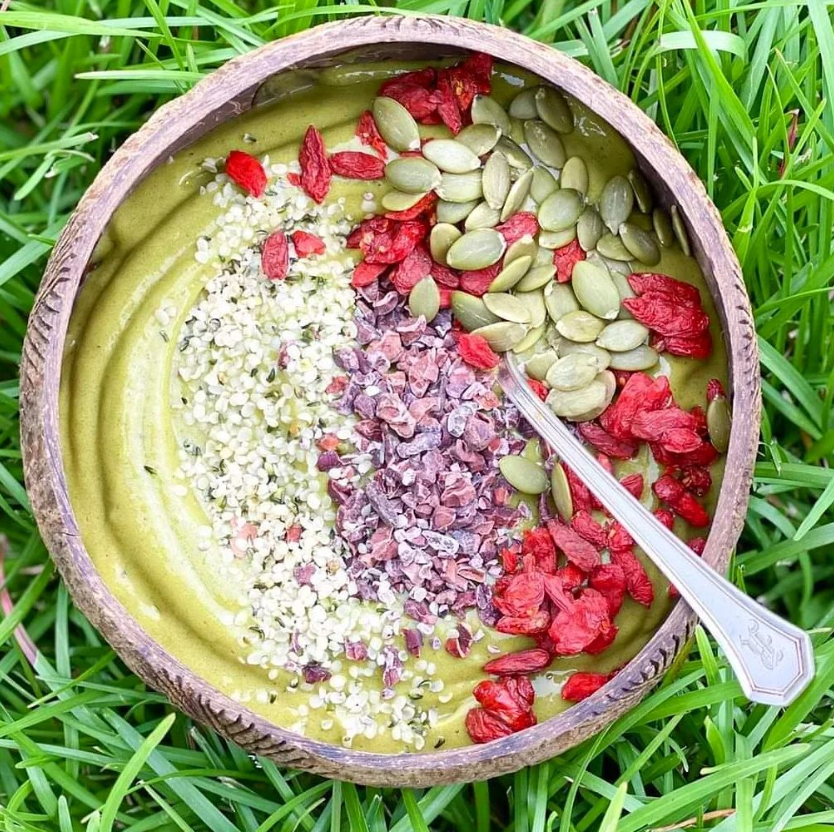Houseplants are fantastic for every room in a home, and they can add beauty and comfort to any space. However, they serve much more than solely decoration. Houseplants are functional as they benefit air quality, filter out toxins, and may even provide food. Nowhere is air quality more important than the bedroom.
Air quality has a tremendous effect on sleep, so plants may help maintain air quality and proper conditions for sleep. There are dozens of options for bedroom plants depending on the light conditions of the room, location, and time of year. Some plants are easier to cultivate than others, so be sure to pick a plant at the proper skill level.
One of the best bedroom plants is aloe vera. A mainstay of houseplants, this succulent is relatively easy to care for. Aloe is a natural gel and stores water, so it is best to allow the soil to dry out between waterings. It requires full, direct sunlight, so aloe must be placed in a sunny windowsill during the day.
Aloe has a unique feature that it does not photosynthesize like most plants. Aloe takes in energy in the form of sunlight during the day and stores it up, then at night, it will metabolize the energy. At this time, pores will open up, releasing copious amounts of oxygen and pulling toxins out of the air. These properties make it perfect for sustaining air quality during sleep.
Snake plants are another easy option. They also release lots of oxygen, but this is spread out throughout the day. They are perfect for beginner gardeners, as they are extremely resilient. Snake plants thrive in any light environment, and they will be okay if left unwatered for a week or two. For people with little experience, a snake plant is a great starter plant.
Another incredibly common houseplant is the spider plant. Named for its long, spindly leaves, spider plants are a beginner-friendly option. Like the snake plant, they can grow in any light environment and are so hardy that they are difficult to kill. Spider plants grow very quickly, so they may need to be repotted more often than other plants that grow slower. They produce smaller plants or pups that can be harvested and replanted, so one spider plant can spawn hundreds more.
Spider plants give off oxygen, and they are easy to keep on a bedside table. The one thing spider plants do not like is fluoride found in most tap water. The ends of the leaves may turn brown and brittle when there is too much fluoride. To combat this, simply used distilled or purified water without fluoride.
For more experienced plant people, an areca palm may be a beautiful piece for the bedroom. These plants not only give off oxygen, but they put moisture into the air, acting as a natural humidifier. Dry air can cause irritation in the nose and throat during sleep, so adding moisture to the air may help maintain healthy airways. Areca palms can be fairly expensive, so it is best to buy them as small seedlings for less money.
Areca palms require specific needs to be met in order to thrive. Firstly, they require full, but indirect sunlight. As for watering, these palms require a diligent schedule. In the spring and summer, they like to be kept moist, but not overwatered. During the fall and winter, it is best to allow the soil to dry between waterings. They also like to be root bound, and they do not need much space for root growth. Be sure that there is plenty of space for areca palms to grow upward, as they can get up to 7 feet tall!
Finally, for expert gardeners, it is possible to grow lavender indoors. Many people use lavender oils or sprays to promote sleep and relaxation, but few know that lavender can be planted directly in the bedroom. Lavender needs a relatively large pot, and tons of sunlight in order to thrive. Often gardeners bring outdoor lavender inside during colder months, then return it to the outside once spring arrives. Even then, this process typically works best in warmer climates.
Houseplants are a beautiful addition to any home, but it is important to only take on as much as your skill level allows. They may offer dozens of benefits, and they foster health in the home. Try adding one of these plants to your bedroom and rest easy knowing that if you take care of your plants, they will take care of you.
Research
https://www.5best.com/8-house-plants-that-produce-the-most-oxygen-absorb-toxins/
https://www.thespruce.com/best-plants-for-bedrooms-4163875
https://www.hgtv.com/outdoors/flowers-and-plants/herbs/growing-lavender-indoors
https://www.thejoyofplants.co.uk/houseplants-help-you-sleep-better
https://www.gardeningknowhow.com/houseplants/areca-palm/growing-areca-palm-indoors.htm






